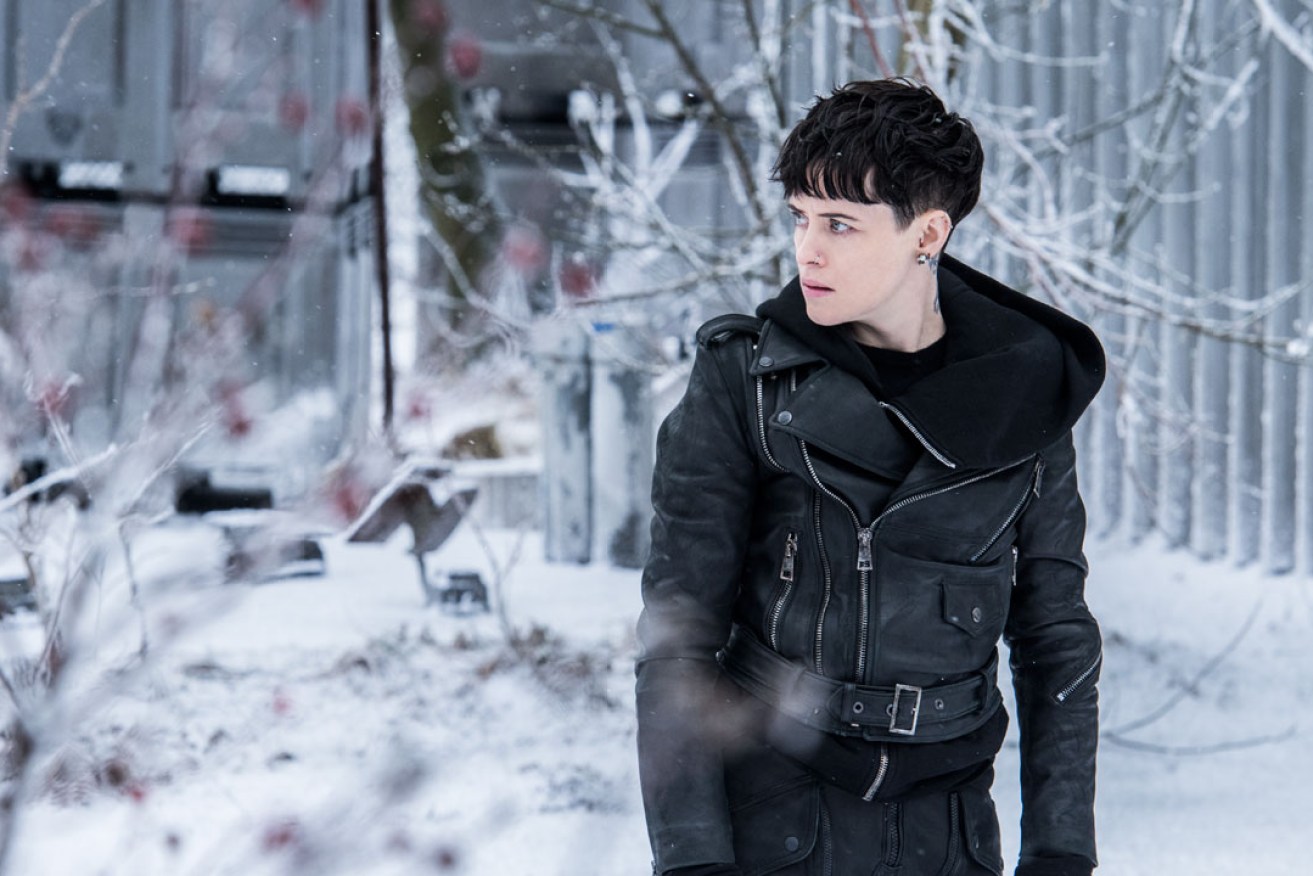Film review: The Girl in the Spider’s Web
Plots about baddies wanting to possess ultimate world power are easy to find. Hampered by a predictable storyline and some wooden acting, The Girl in the Spider’s Web is not one of the better ones.


Claire Foy as Lisbeth Salander in The Girl in the Spider's Web.
The fourth in the Millennium series, which kicked off with The Girl with the Dragon Tattoo, this film lacks originality and real spark between the protagonists, and presents “The Girl”, Lisbeth Salander, without sufficient depth.
Directed by Fede Alvarez, The Girl in the Spider’s Web features Lisbeth (now played by Claire Foy, of Netflix hit The Crown) as an anti-social computer hacker with a terrible past and a determination to make wrongdoers accountable for their actions.
Some of this is personal, especially redressing violence towards women, and some is done on commission for other reasons. In The Girl in the Spider’s Web, both aspects become intertwined.
Stieg Larsson wrote the first three Millennium novels, all adapted for the screen, but this fourth title and a fifth were written by David Lagercrantz in strained circumstances following Larsson’s death. Lagercrantz is, in some respects, a better novelist, but the film suffers for its script.
Lisbeth is a conflicted soul — a vengeful but somewhat vulnerable angel, with amazing athleticism and physical stoicism, plus lightning-fast problem-solving abilities. In this film, her borderline autistic persona is mirrored in that of a boy she protects after his father has been killed for trying to destroy software that allows central control of the world’s nuclear weapons.
Disaffected journalist Mikael Blomkvist (Sverrir Gudnason), a previous love interest of Salander, is drawn into this web — yes, there is a sinister Russian organisation known as The Spiders — but is less involved than Salander herself, who has to do the tough work. That includes fending off untrustworthy secret service personnel and bureaucrats of different colours.
Not surprisingly, a key figure is an American agent, in a move that cynics might see as attempting to broaden marketing in the US.
Remote control is a prominent theme of the movie and that focus on the robotic is echoed in the characters seeming to go through the motions. It is a problem that a surfeit of guns and explosions and cruelty cannot redress. Consequently, the film is the weakest in the franchise.
The film leeches Lisbeth of her queerness, too, and, in doing so, robs her of needed complexity. It seems part of a reductionist move towards safer, comic-book, super-hero representation. While that might suit some audience members, it misses an opportunity to flesh out a previously more intriguing character.
Just as the opening prefigures a key element in the story, the ending is a literal cliff-hanger, pointing the way to the already-published next instalment. You can easily tell which key character will return to challenge Lisbeth. The question will be whether viewers bother to turn up to find out what happens.




